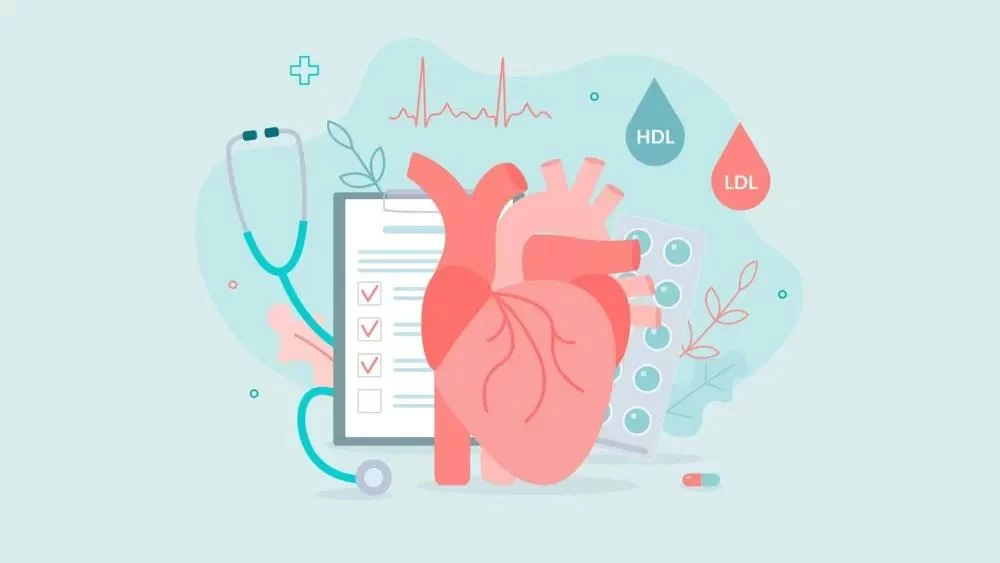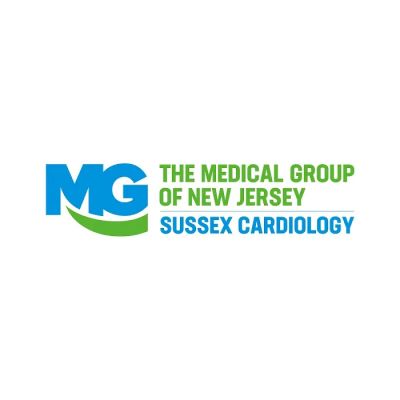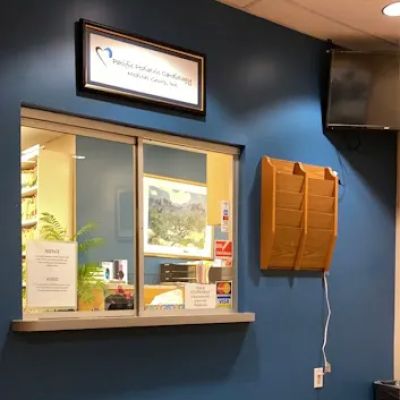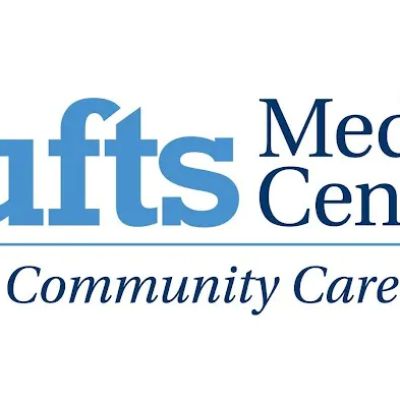- Importance-Regular-Cholesterol-Screenings
- How-Cholesterol-Impacts-Heart-Health
- Benefits-Of-Frequent-Cholesterol-Testing
- Real-Life-Examples-Highlight-Regular-Screenings
- Taking-Action-And-Finding-Support
Why Regular Cholesterol Screenings Matter More Than You Think
Cholesterol often gets a bad reputation, but understanding its role and keeping track of it is crucial for maintaining long-term heart health. The importance of regular cholesterol screenings cannot be overstated, as these tests offer an early warning system for potential cardiovascular problems. Without routine checks, dangerous cholesterol imbalances can quietly develop over years, increasing risks of heart attacks, strokes, and other serious complications.
Regular screenings enable individuals and healthcare providers to gain clear insights into cholesterol levels, helping to make timely decisions about lifestyle changes or medical interventions. Many people feel healthy and assume their heart is fine, but cholesterol issues often present no symptoms until significant damage has occurred. That’s why routine cholesterol tests are a proactive, lifesaving step.

Understanding the Different Types of Cholesterol
To appreciate why frequent cholesterol screenings are essential, it’s important to know what these tests measure. Typically, screenings include:
- LDL (Low-Density Lipoprotein): Often called "bad cholesterol," it can build up in arteries, leading to blockages.
- HDL (High-Density Lipoprotein): Known as "good cholesterol," it helps remove LDL from the bloodstream.
- Total Cholesterol: The combined amount of LDL, HDL, and other lipid components.
- Triglycerides: A type of fat in the blood, high levels of which may increase heart disease risk.
Monitoring these components regularly through screenings allows tailored treatment plans aimed at balancing cholesterol for optimal heart function.
Capital Health Medical Center – Hopewell
capital health medical center hopewell
1 Capital Way, Pennington, NJ 08534, USA

The Connection Between Cholesterol and Heart Health
High cholesterol is a leading contributor to atherosclerosis — the buildup of fatty plaques inside arteries — which narrows blood vessels and restricts blood flow. This process significantly raises the risk of heart attacks and strokes. But not everyone with high cholesterol will experience symptoms, making regular testing essential to uncover hidden risks.
Beyond heart attacks, elevated cholesterol can also impact brain health, circulation, and overall well-being. For instance, plaque buildup can impair oxygen delivery, resulting in fatigue, shortness of breath, and even cognitive decline over time. These wide-ranging effects highlight why keeping cholesterol in check through regular monitoring is a cornerstone of preventive health care.
How Lifestyle and Genetics Play a Role
While genetics influence cholesterol levels, lifestyle factors like diet, exercise, smoking, and stress are equally important. Regular cholesterol screenings help clarify the combined impact of these elements, guiding personalized recommendations. For example, a person with a family history of high cholesterol might need more frequent tests and earlier interventions, whereas someone with a healthy lifestyle might only require standard annual checks.
Key Benefits of Keeping Up With Cholesterol Screenings
Making regular cholesterol screenings a part of your health routine offers several crucial advantages:
1. Early Detection of Potential Problems
Regular screenings detect abnormal cholesterol levels before symptoms appear, allowing for early management and reducing the risk of severe cardiovascular events.
2. Personalized Treatment Adjustments
With consistent data, healthcare providers can adjust medications, suggest dietary changes, and recommend lifestyle modifications precisely tailored to your current condition.
3. Tracking Progress Over Time
Routine tests provide measurable benchmarks, so you can see how well your efforts to improve heart health—such as exercise or diet—are working.
4. Increased Motivation and Awareness
Seeing real numbers can inspire more proactive health decisions and foster better communication with your doctor about heart health concerns.
Stories That Show the Value of Regular Cholesterol Checks
Take the example of Jane, a 45-year-old woman with no obvious symptoms but a family history of heart disease. During a routine cholesterol screening, she discovered her LDL levels were dangerously high. Prompted by this finding, Jane made lifestyle changes and started medication under her doctor’s guidance. Within a year, her cholesterol normalized, drastically reducing her heart attack risk.
Another story involves Tom, a middle-aged man who delayed cholesterol testing despite feeling “fine.” Years later, he suffered a minor heart attack, and tests revealed long-standing high cholesterol as the culprit. His experience underscores how skipping regular screenings can leave silent health threats unnoticed until it’s almost too late.
These real-life cases emphasize how the importance of regular cholesterol screenings translates into tangible, life-saving benefits.
How to Take Control and Where to Find Support
If you haven’t had your cholesterol checked recently, scheduling a screening is a smart first step. Many healthcare providers recommend testing every 4-6 years for healthy adults, but more frequent monitoring may be necessary for those with risk factors such as diabetes, obesity, or family history of heart disease.
Beyond testing, managing cholesterol effectively involves holistic lifestyle strategies — balanced nutrition, regular physical activity, stress management, and, when appropriate, medications prescribed by your doctor.
For those seeking the right products, services, or guidance to support heart health, HeartCare Hub offers carefully curated recommendations tailored to your needs. Whether you’re looking for supplements, healthy eating plans, or expert consultations, HeartCare Hub can connect you with trusted resources to help maintain optimal cholesterol levels and heart wellness.






















Deborah Heart and Lung Center
deborah heart and lung center
200 Trenton Rd, Browns Mills, NJ 08015, USA